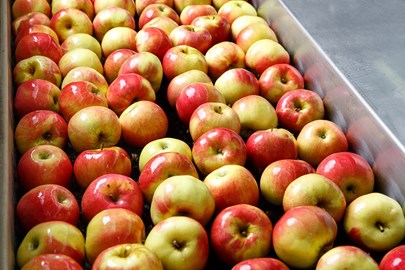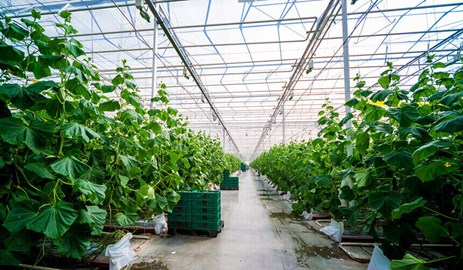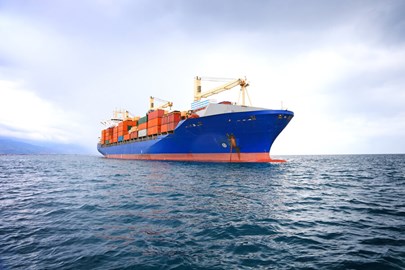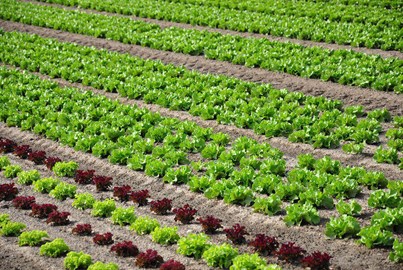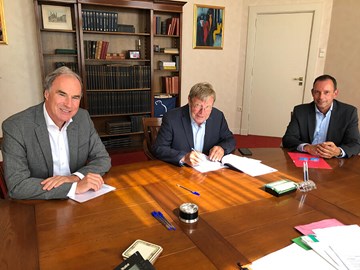Choose your language
Choose your country
Markets
- All markets
- Agri, Feed and Food
- Automotive and aviation
- Construction and infrastructure
- Fire Safety and Security
- Consumer products
- Energy and Power Generation
- Hazardous materials
- Manufacturing industry
- Management Systems
- Mining
- Utilities
- Oil, Gas and Chemicals
- Real Estate services
- Education and training
- Process industry
- Retail
- Radio, Wireless and Electrical Equipment
- Sport, tourism and leisure
- Transport and Mobility
- Water
- Medical and Pharma




